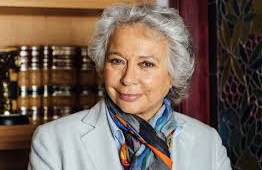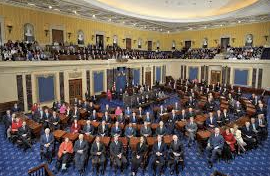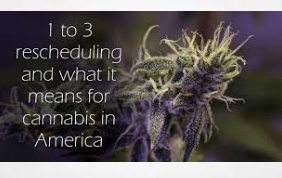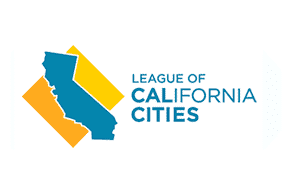The Sacramento Bee reports
Though Californians voted to legalize adult use marijuana in 2016, it remains largely unavailable in some of the biggest cities in the state.
Out of the 482 cities in California, 174 of them allow some form of licensed cannabis business, says Hirsh Jain of Ananda Strategy.
Many of those cities allow only non-retail cannabis operations, such as manufacturing or distribution, “and so are arguably missing the most important part of the legal supply chain,” Jain said.
Of the 10 largest cities in the state where there are no marijuana dispensaries, two are in the San Joaquin Valley, one is in the Bay Area, and the rest are located in Southern California, according to the website WeedMaps. Together, they account for more than 2.8 million people without immediate access to cannabis retail, outside of delivery.
Even cannabis delivery could be subject to local jurisdiction requirements, said Moorea Warren of the California Department of Cannabis Control, though a state license authorizes a cannabis delivery company to deliver to any jurisdiction in the state.
“Access to legal cannabis and cannabis products throughout the state is important for public safety and to combat the illegal market,” Warren said in a statement.
California cannabis industry advocates oppose the local control provision, with some asking Gov. Gavin Newsom and the Legislature to get rid of it.
But Elisa Arcidiacono of the League of California Cities said that local control “was a central promise in Proposition 64.”
“In fact, to win additional support for the measure, the authors amended the original language to include the explicit right of cities and counties to ban marijuana-related businesses entirely if they chose to. So, if a city or county refuses to license cannabis companies in their jurisdiction, this is entirely in line with what voters approved when they legalized adult-use cannabis in 2016,” Arcidiacono said in a statement.
Jennifer McGrath, a former Huntington Beach city attorney who now specializes in cannabis law, said that the majority of cities that permitted cannabis dispensaries were ones that had a preexisting medical cannabis regulatory system, ones where voters approved a cannabis tax or ones that were suffering through severe economic difficulty.
“Cities that do not fall under those three categories are generally led by the politics of the city council. On more than one occasion in the last two years, a city has drafted, reviewed, and held public hearings only to reject the regulations based on a change of city council members,” McGrath said.
She said a prime reason why cities delay permitting cannabis retail is politics.
Read full story at

















